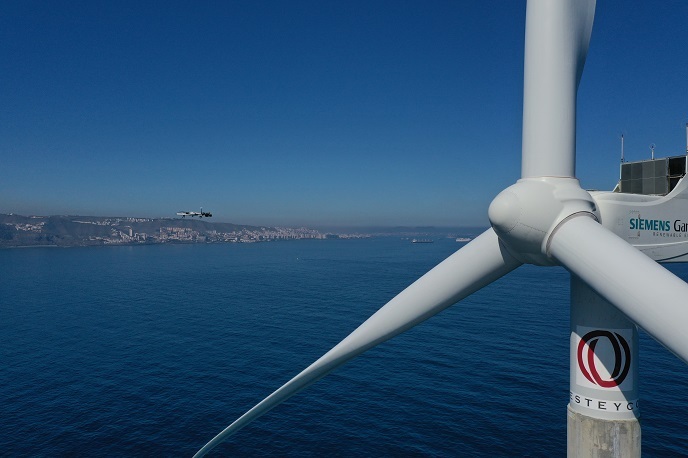Understanding psychological, socioeconomic and financial factors that influence energy efficiency
Energy saving through energy efficiency is crucially important because it contributes to a variety of benefits, including the reduction of greenhouse gas (GHG) emissions, one of the pillars of the Paris Agreement. Drawing up energy efficiency policies will ultimately help meet the required EU energy savings targets. “However, energy efficiency doesn’t only depend on the availability of cheap technologies or policy interventions, it’s largely influenced by the behavioural choices of users,” says Cristina Cattaneo, coordinator of the EU-funded PENNY project. PENNY studied the psychological, social, economic and financial factors that influence energy efficiency in the residential sector. It addressed two distinct decisions in the energy efficiency space: energy usage and adoption of energy-efficient products.
The role of individual behaviour in energy efficiency
In cooperation with energy companies and retailers from different EU Member States, the PENNY team applied an innovative methodology in conducting field experiments. This was done to test the effectiveness of behavioural interventions aimed at influencing both energy use and investment decisions. The first is behaviour related to energy reduction that represents a routine, repetitive effort to decrease consumption on a day-to-day basis. The second is behaviour concerning investments that are one-time actions, such as purchasing new energy efficiency products like energy savings and light emitting diode lightbulbs or A+++ refrigerators. One of the main findings was that information barriers are an important constraint of energy efficiency. “However, to fill in the knowledge gap of individuals, not all types of information interventions are effective,” explains Cattaneo. “Policy-makers should be aware that the format in which the information is presented is a strong moderator of the effectiveness of information policies.” Project partners also compared the acceptability of different types of policies. They found that policies targeting energy efficiency investments are more accepted by consumers than policies targeting reduction in consumption.
Future policies to maximise energy-efficient behaviour
Lastly, the researchers emphasised that financial motivations aren’t the sole drivers of energy efficiency behaviour. There are a variety of barriers pertaining to individual behaviour – status-quo bias, bounded rationality, reference-dependent preferences and strong environmental preferences – that can’t be addressed using only economic and regulatory instruments. “The complexity and variety of barriers relating to individual behaviour call for increasing insight from behavioural economics,” adds Cattaneo. “This final result demands additional effort in studying consumer behaviour in order to design effective policy interventions in the energy efficiency domain.” “PENNY has advanced the understanding of consumer decisions in relation to both the use of energy and adoption of energy-efficient technologies,” concludes Cattaneo. “It will contribute to supporting the development of energy efficiency strategies, policies and programmes across Europe.”
Keywords
PENNY, energy, energy efficiency, consumer behaviour, energy efficiency policies







